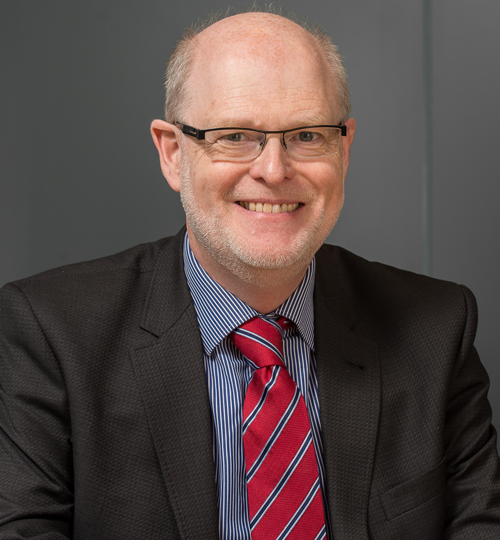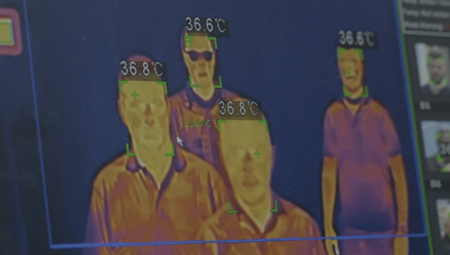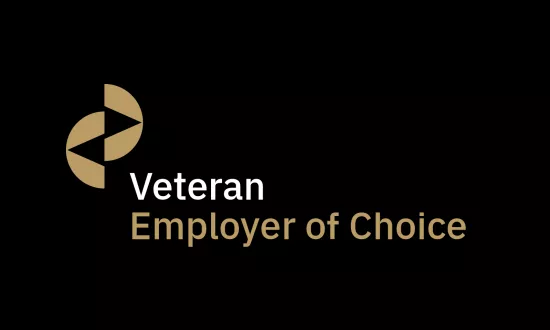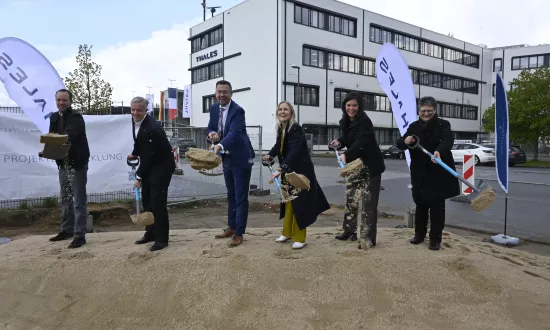Being paid well to do the things you love the most starts with STEM

As this year’s British Science Week gets underway, Thales’s Chief Technology Officer Dr Paul Gosling considers the astonishing variety of opportunities that await today’s STEM students.
What are the career opportunities for people who gain qualifications in the Science, technology, Engineering and Maths (STEM) subjects?
There is a whole world of opportunities. It’s incredibly varied. Our recent successes, for example, include the use of drones to deliver medical supplies to one of the Scottish islands, cutting the delivery time from six hours to 15 minutes, and an AI camera which detects Covid-19 symptoms from a distance, in crowds.
We also developed a camera system for NASA’s Perseverance rover which is now exploring the surface of Mars.
But our history goes back 130 years and there are many other examples. Our engineers develop technology which solves challenges in every environment from the bottom of the oceans to the depths of space, and cyber space, too.
Thales isn’t as well-known as some of the other engineering companies. Why is that?
We’re extremely well-known to the people who need to know. You’d be surprised at how often our technology is being used to enable products and solutions that we all take for granted.
Our technology protects 80% of the world’s financial transactions. Driving licences, ID cards and passports all over the world rely on technology which has come out of Thales in the UK. We are a trusted supplier to each of the UK’s military forces and her allies.
You’ll find our tech in driverless trains, transport signalling and passenger information systems. We’re big in civil aviation, too with world-leading radar, air traffic control, avionics and inflight-entertainment systems. Those are just a handful of examples.
Where do you see the biggest advances in the next few years?
Autonomous vehicles are quite close now. Some manufacturers – Tesla, for example – are pretty much there, now. But work still needs to be done on the infrastructure - traffic signs, lights, sensors, controls, the charging networks, and so on. You can’t really have one without the other and it all has to be monitored, managed and secured.
We’re working across the spectrum with autonomous air, land, sea and submersible vehicles. The one thing that is at the foundation of all these systems is secure connectivity; this is why we are working on topics like digital trust to ensure our data isn’t corrupted.
 And looking even further ahead?
And looking even further ahead?
The pace of technological advancement is increasing. As one solution is developed to solve a problem, other engineers adapt it to solve other challenges. And so it goes on. We’re just at the start, really.
Artificial Intelligence is in its infancy but making huge leaps forward as we improve our understanding and develop ways of trusting the technology. And one day we’ll have quantum computers, quantum communications and quantum sensing. These are some of the fundamental technologies which will eventually become part of your everyday life as an engineer and will change the world as we know it.
OK, but businesses have been hit hard by Covid-19. Is there much of a demand for engineers right at this moment?
Demand has never been higher. According to Stem.org.uk, there is a current shortfall of 173,400 engineers in the UK alone. The skills shortage is pushing up salaries and benefits, and it is widely predicted that advances in technology and its application will double the number of available roles by 2028.
Why is there such a skills shortage?
Partly because of the rapid rate of technological development. But also, in this country, there’s a gender and racial imbalance with students following the STEM path. We want to fix that.
We’re investing substantial amounts of time and money sending STEM Ambassadors into the classrooms. Diversity is always a good thing. Always. And, although we need to recruit people who have the right qualifications and aptitude, I particularly want to see a sharp increase in female students and people from black, Asian and ethnic minorities. Every employer has to take responsibility for that.
By engaging students between the ages of 11 and 14, by bringing them on site and showing them what engineering really is, and the opportunities that are available, we are increasing the talent pool.
Student debt must be a worry for people thinking of studying STEM subject at university, though, surely?
University isn’t the only way in. There are some excellent degree apprenticeships schemes now. The advantage with this is that you not only earn while you study but you get real, hands-on work experience in what can be a fast-moving field.
Out of the six people who were the first to pass through the scheme at Thales, five of those graduated with first class honours.
How does the UK compare with other countries as a place to study STEM subjects?
Extremely well. Four of the world’s top universities are British. 18 of our universities are in the top 100. And we have had more Nobel prize winners than any other country except the USA.
 Will I be stuck in a lab? What career paths are open?
Will I be stuck in a lab? What career paths are open?
If you have the aptitude, there is a whole world of opportunity waiting for you. Every advance that society makes - every invention, every innovation - starts with STEM. It could start with you.
The term ‘engineer’ is very broad. There are hundreds of different types. We recognise that people are best at what they enjoy. So we give new engineers exposure to a wide variety of projects to help them choose a field. After that, it’s up to them. Some people study to become a deeply specialised technical expert.
Some prefer a broader focus. Others choose a management role. Maybe they’ll end up running one of the Thales business units. It’s all good.
You’d recommend STEM qualifications and a career in engineering, then?
Absolutely! These are very exciting times. There really has never been a better time to be an engineer.
STEM can lead to a career full of challenge, variety and interest. You will be making a real difference to the world around you. You will be able to point at something and say: “I did that. Because of me, life is a little bit better.”
But perhaps the most important thing is you will be paid well for doing what you love the most. How many people can say that?



